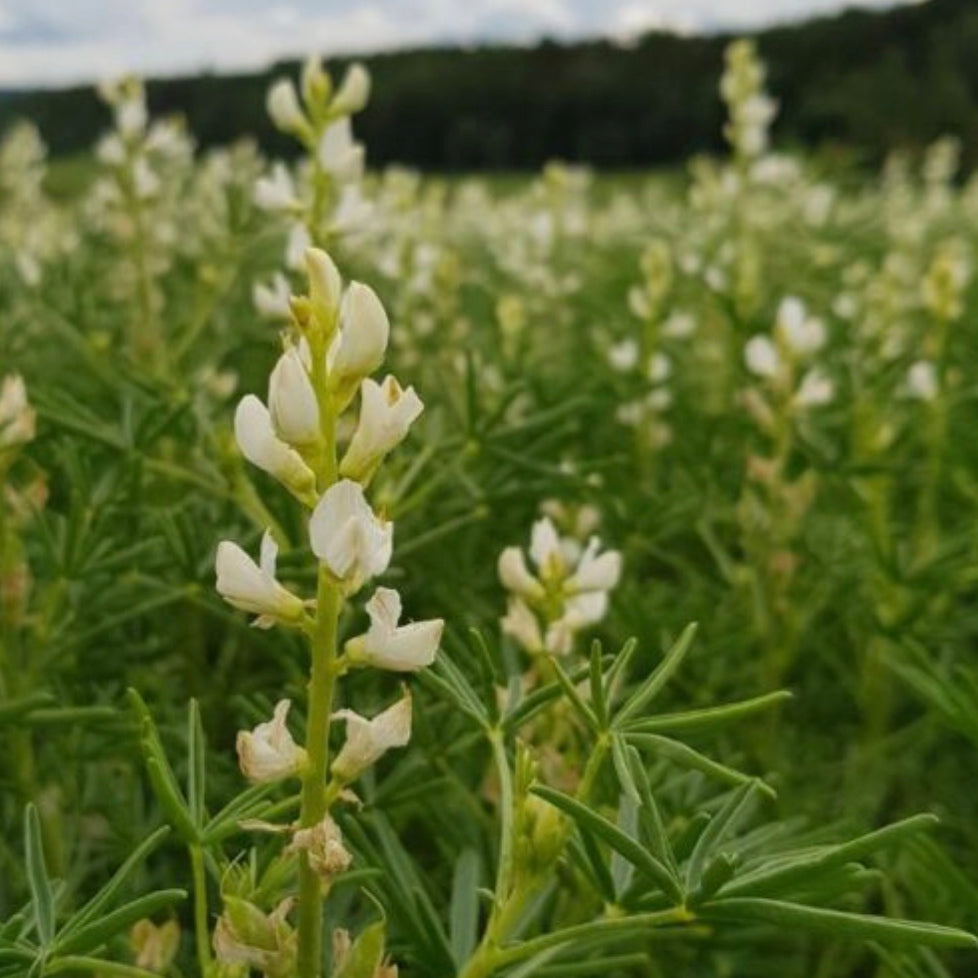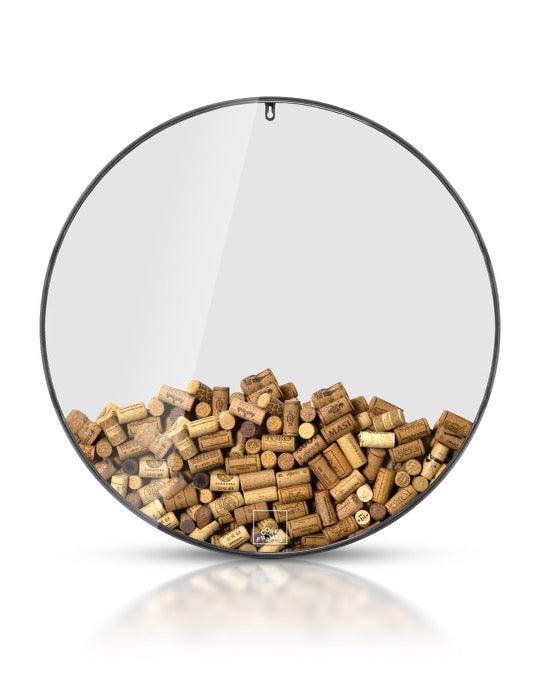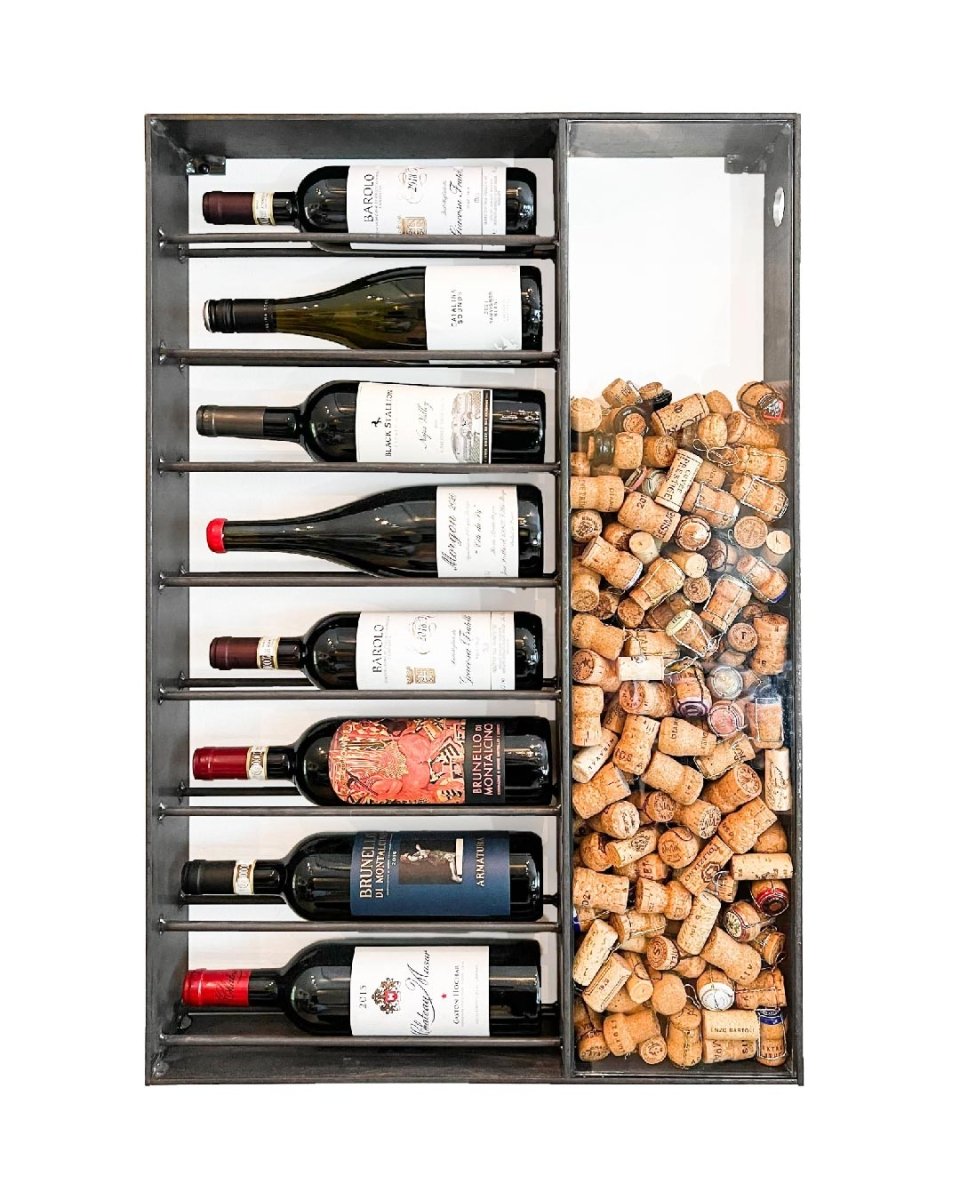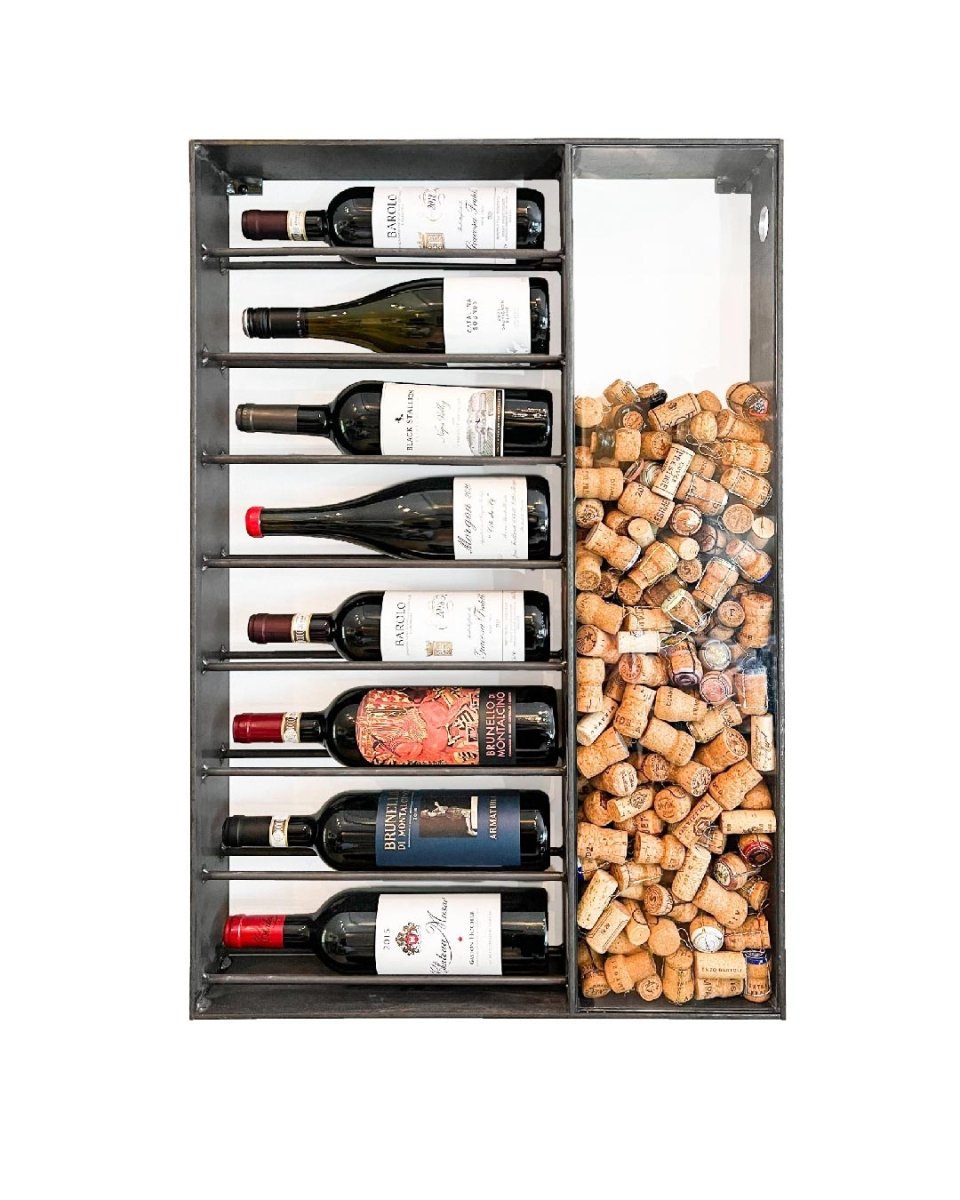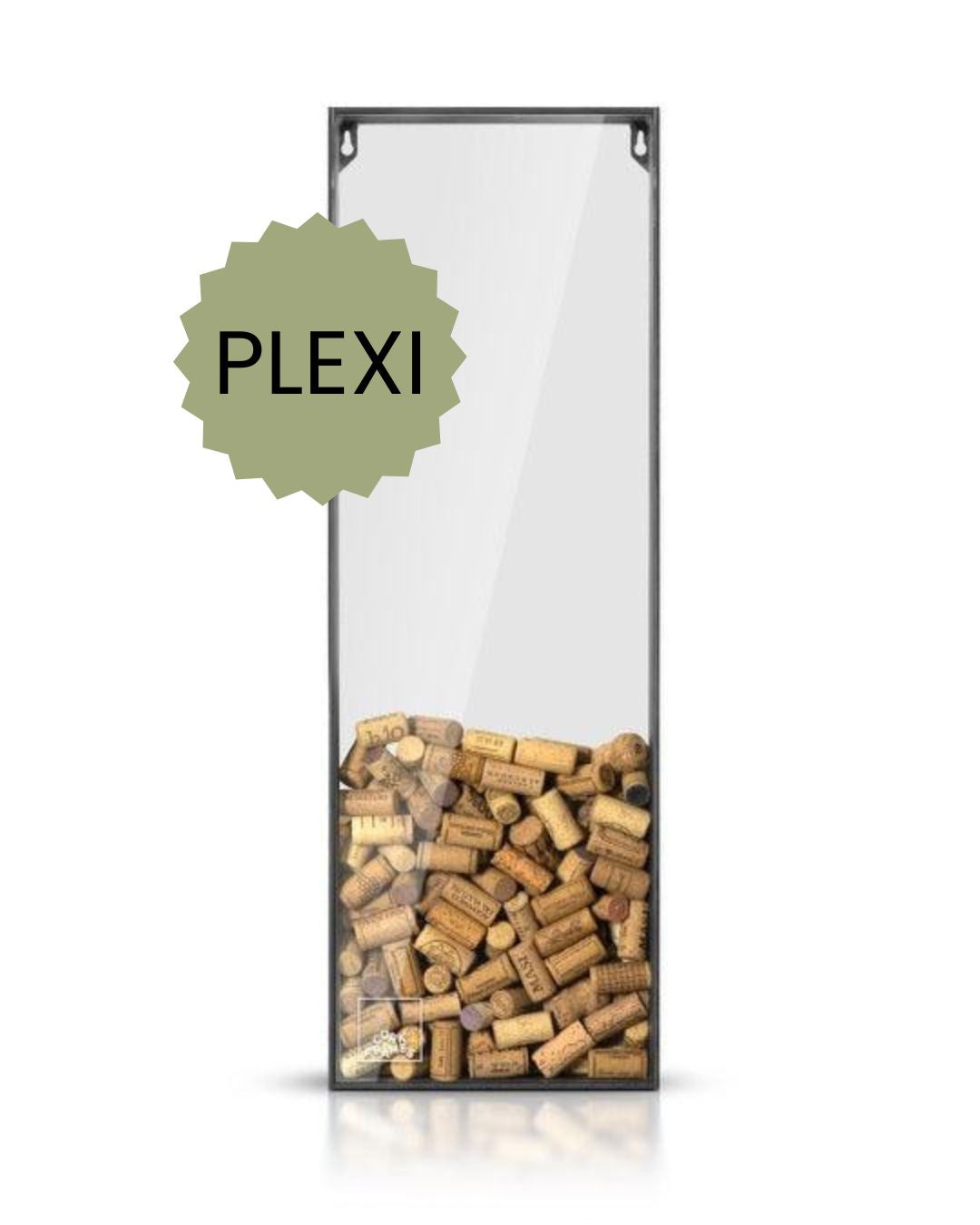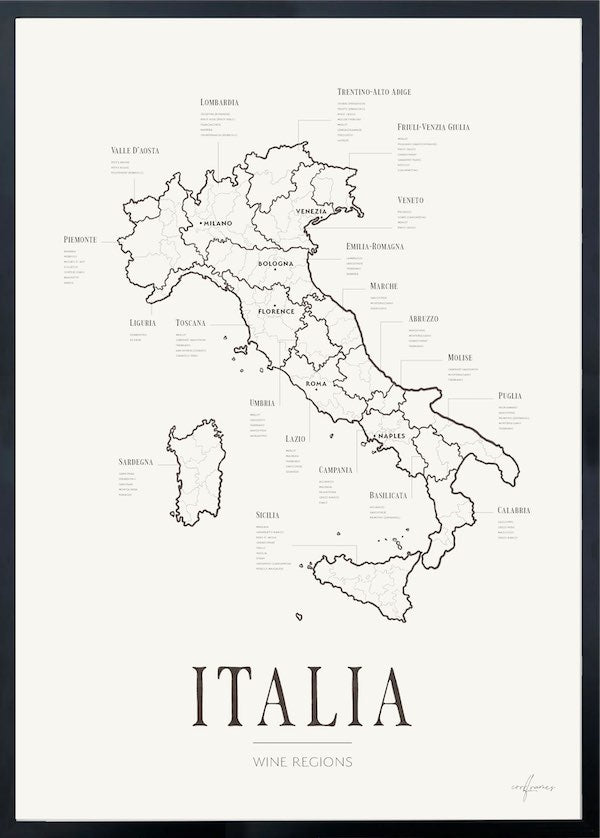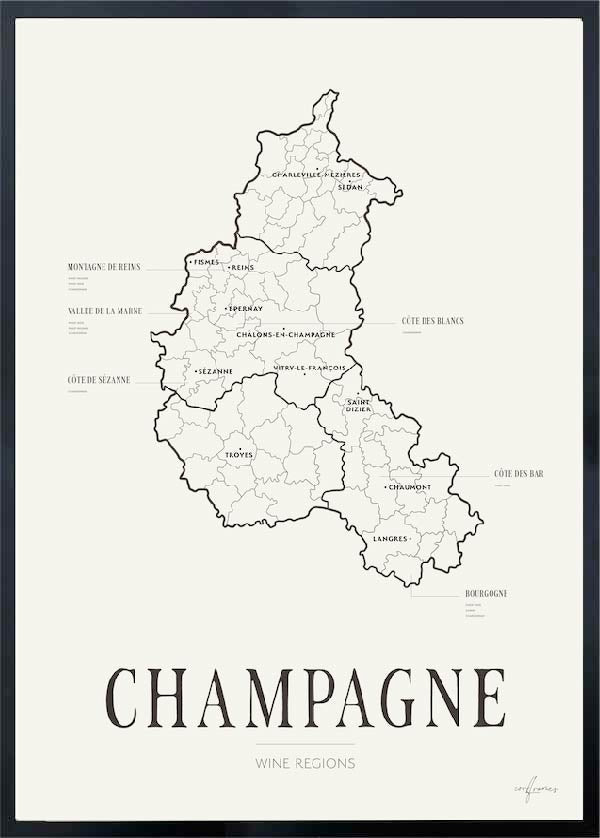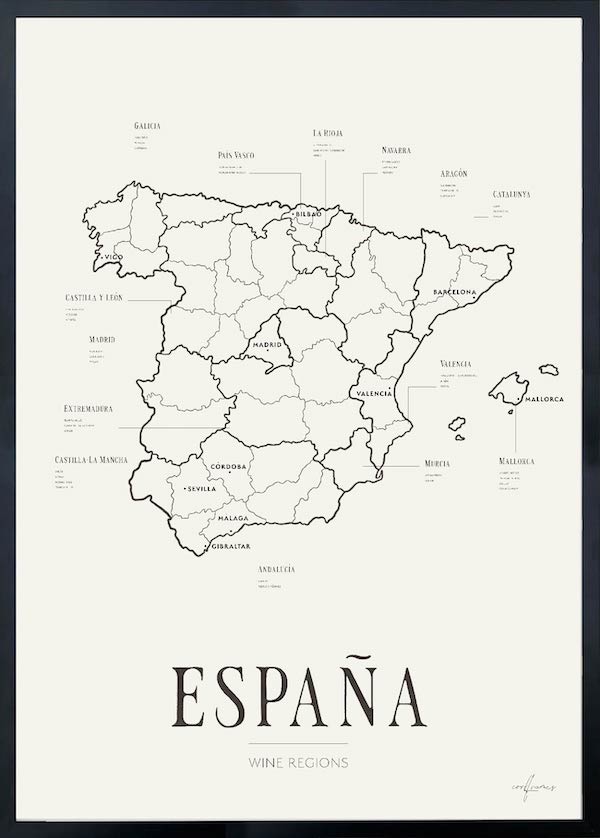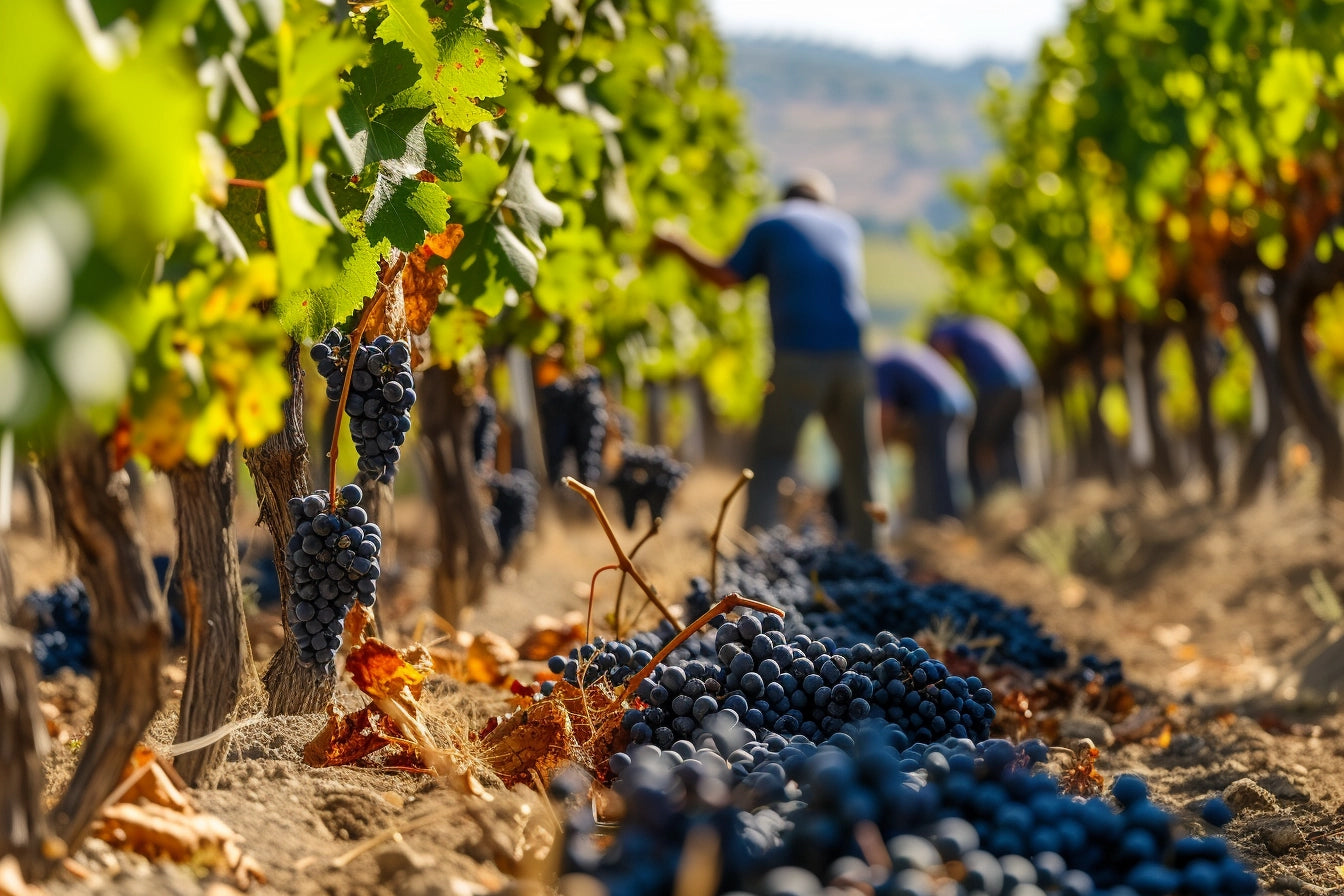In the fertile countryside between Huskvarna and Gränna, the Levinsson family runs Flättinge Farm, now in its fourth generation. Over the decades, the farm has evolved from dairy production to beef cattle – and today towards a plant-based future centered around the protein-rich sweet lupin. Here’s a closer look at what sweet lupin is, how it’s grown, and how Flättinge Farm works for a more sustainable food system.
A farm with history and vision
Flättinge Farm has been in the Levinsson family since 1945 when great-grandfather Levin bought it, then run with horses and 20 dairy cows.
In the early 1990s, the next generation took over and shifted to dairy and later to cattle and sheep.
Since 2014, sisters Sandra, Josefin, and Louise Levinsson have managed the farm’s café and shop.
Their shared vision is to run a business built on environmental and social awareness – to grow, produce, and serve with a conscious focus on local ingredients and genuine craftsmanship.
Sweet lupin – the Nordic answer to soy
Sweet lupin is an annual legume containing around 35% protein, often referred to as “the Nordic soy”.
Flättinge Farm began trial cultivation in 2020 and harvested its first crop the same year.
Unlike the garden lupin seen in the wild, sweet lupin is a cultivated food variety that doesn’t spread invasively.
How it’s grown
At Flättinge Farm, sweet lupin is cultivated without artificial fertilizers or pesticides.
In spring, the beans are sown and then “blind-harrowed” after a few days to prevent weeds. This is followed by 2–3 additional harrowings as the plants mature before harvesting begins in early autumn.
This method supports biodiversity and soil health – sweet lupin captures nitrogen from the air and strengthens the soil with its root system, reducing nutrient runoff and the need for added fertilizers.
Products and farm shop
The farm shop offers a variety of homemade and locally sourced products: ground or boiled sweet lupin beans, lupin burgers and patties, as well as jams, chutneys, syrups, eggs from the farm’s hens, and sheepskins from their own flock.
Carefully selected products from nearby producers complement the range, strengthening the connection between the farm and the regional food landscape.
Sustainability in several dimensions
Environmental: Growing sweet lupin without chemical inputs promotes sustainable agriculture, improves soil structure, and reduces climate impact. Its high protein content makes it a valuable plant-based alternative to imported soy.
Social and local: The café and production kitchen use ingredients from the farm’s own harvests – vegetables, berries, and root crops – together with Swedish dairy, eggs, and organic flour.
Economic and innovative: Flättinge Farm’s shift toward sweet lupin showcases entrepreneurial thinking – blending traditional farming with innovative food production. This has been recognized through awards such as “Food Entrepreneurs of the Year 2025.”
Flättinge Farm is proof that a traditional family farm can evolve through innovation and sustainability. With sweet lupin as its core product, the farm combines plant-based protein, environmentally conscious cultivation, and local food craftsmanship. For anyone interested in sustainable food production, plant-based eating, or genuine rural experiences, Flättinge Farm is a true source of inspiration.

